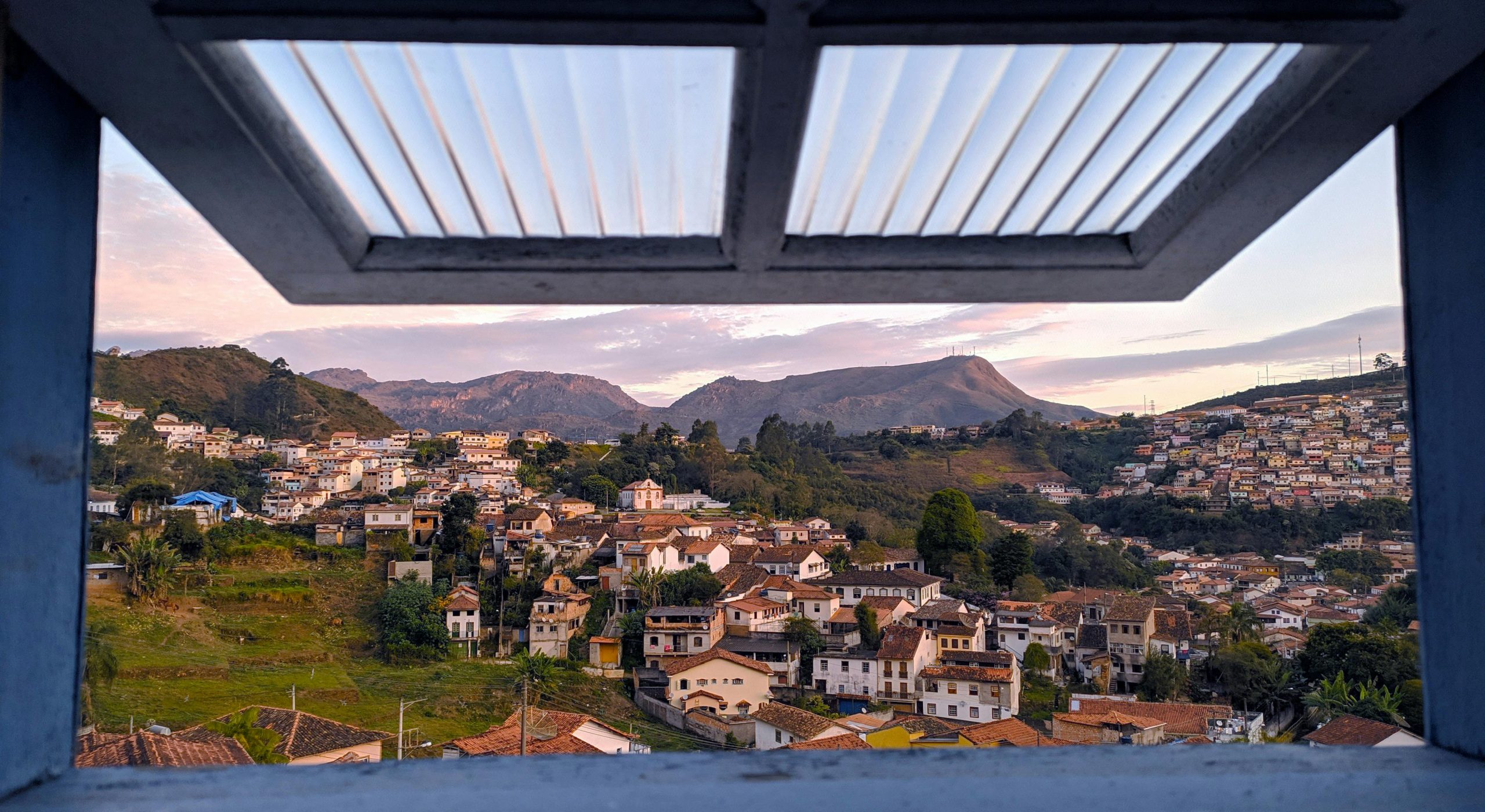A recent report by Leme Consultores suggests that the establishment of municipal betting in Brazil could yield approximately BRL 11.6 billion (around $2 billion) annually for the federal government.
Commissioned by the National Association of Municipal and State Lotteries (Analome), this study dives into the potential economic benefits of municipal betting, amid a contentious debate about its constitutionality within the nation.
This March, Brazil’s Solidarity party took a legal stance by filing a Claim of Non-Compliance with a Fundamental Precept, seeking to halt municipal lotteries due to concerns that they interfere with the newly regulated federal online betting landscape.
However, Minister Nunes Marques of the Supreme Federal Court (STF) has rejected this suspension, allowing municipal lotteries to operate while awaiting a definitive ruling from the STF.
The findings from the Leme Consultores report indicate that municipal lotteries could play a pivotal role in Brazil’s financial ecosystem, potentially generating nearly BRL 12 billion in federal revenue.
Challenges for Smaller Operators in Brazil
The study, relying on data from licensed firms in Bodó, Rio Grande do Norte, highlights that about BRL 8 billion in revenue could be attained from smaller operators who struggle to meet stringent federal requirements.
To obtain a federal license, companies are faced with a steep authorization fee of BRL 30 million, along with rigorous technical and certification standards.
“These challenging entry thresholds not only hamper competition but also significantly diminish tax revenue potential,” the report notes.
“Particularly, the high costs associated with initial setup and ongoing compliance mandated by federal laws could greatly limit the number of operators eligible to contribute taxes, thereby hindering the overall tax framework for this industry.”
The Legitimacy of Municipal Lotteries
The Solidarity party has characterized the emergence of municipal lotteries as creating a “chaotic scenario,” with local jurisdictions seeking loopholes around federal betting regulations, enabling operations by companies lacking nationwide authorization.
Contrary to this view, the report argues that municipal lotteries can provide a “genuine avenue” for decentralizing lottery operations, fostering competitive environments.
“Decentralized lottery frameworks, akin to those in the United States, Canada, and Australia, illustrate how local and national lotteries can coexist beneficially, enhancing power distribution and tax revenues,” emphasizes the study.
“In Brazil, the excessive centralization of lottery activities at the federal level has led to a narrow range of offerings and a concentration of revenue among a select few, restraining many regions from reaping the advantages generated by this sector.”
However, Daniel Romanowski, president of Paraná’s state lottery, raises concerns regarding how municipal lotteries may impact smaller firms unable to secure federal licenses.
“With around 5,000 municipalities in Brazil, we have cities like Curitiba and São Paulo with substantial infrastructure, but conversely, there are towns with populations of just 3,000,” Romanowski shared with iGB. “Assessing the quality of websites, systems, and games for such smaller communities poses a significant challenge.”
